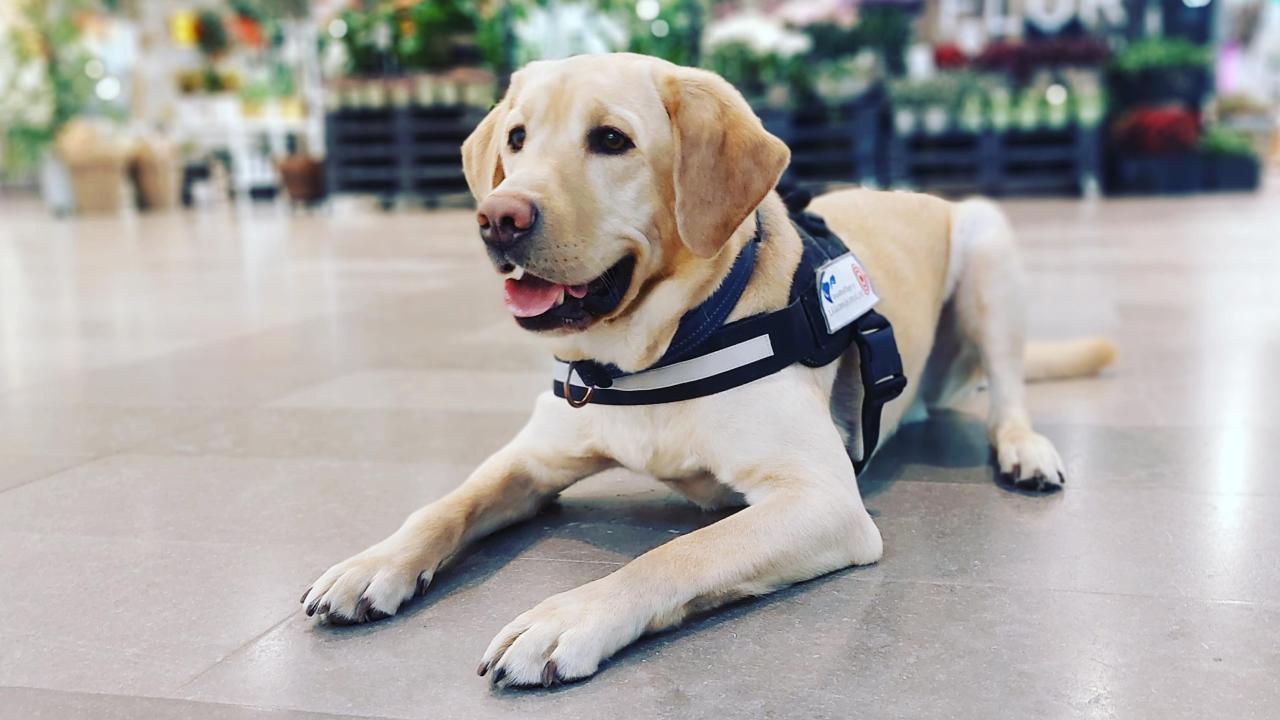Hanken receives funding to study people and animal wellbeing at work

Academy of Finland grants 840 000 euro for Linda Tallberg, assistant professor at Hanken School of Economics, Astrid Huopalainen, assistant professor at Aalto University, and Anna Hielm-Björkman, docent at University of Helsinki, for their multidisciplinary consortium project PAWWS – People and Animal Wellbeing at Work and in Society.
The project, which will last for four years, was ranked 1st of the applications in the largest Business and Economics panel.
“This shows that the Academy of Finland recognises the huge importance of this understudied field”, Linda Tallberg, assistant professor in management and organization says.
Hanken’s part of the project is to look at the human-animal interaction in work settings and the impact on the organisational structure as a whole.
“One of our cases is a pain alert-dog at a hospital in Helsinki. It’s the first hospital in the world that has employed a dog that alerts when a patient has an onset of pain. We will also examine the work-conditions of other types of working dogs who are some of our closest nonhuman colleagues in a variety of occupations”, Tallberg explains.
The project will also develop tools to ensure good work-life conditions for the animals, such as developing a DogWork logo, animal welfare certification and employment contracts for dogs.
“Ethics and multispecies justice are on the forefront of all my research. An important question is, how can we ensure that the animals at work don't become subservient slaves, only promoting the human’s benefits?”
Ever since Linda Tallberg started researching human animal work, the number one question she has received is: why study animals at a business school? In 2022, Tallberg published The Oxford Handbook of Animal Organization Studies Opens in new window , which explores a range of species interactions through the lens of business, management, and organization. A core academic aim of this new Academy project is to develop further this field.
“It's about the fact that we don't live in a world without other species. To limit ourselves to only humans is not the reality of workplaces or society. To ignore animals is to limit our understanding and can lead to poor decision making. If we consider economics, business and management historically, these have often included the “use” of animals. Our job now is to create more ethical work conditions for animals through research.”
Text: Jessica Gustafsson
Picture: Nona Borgström


